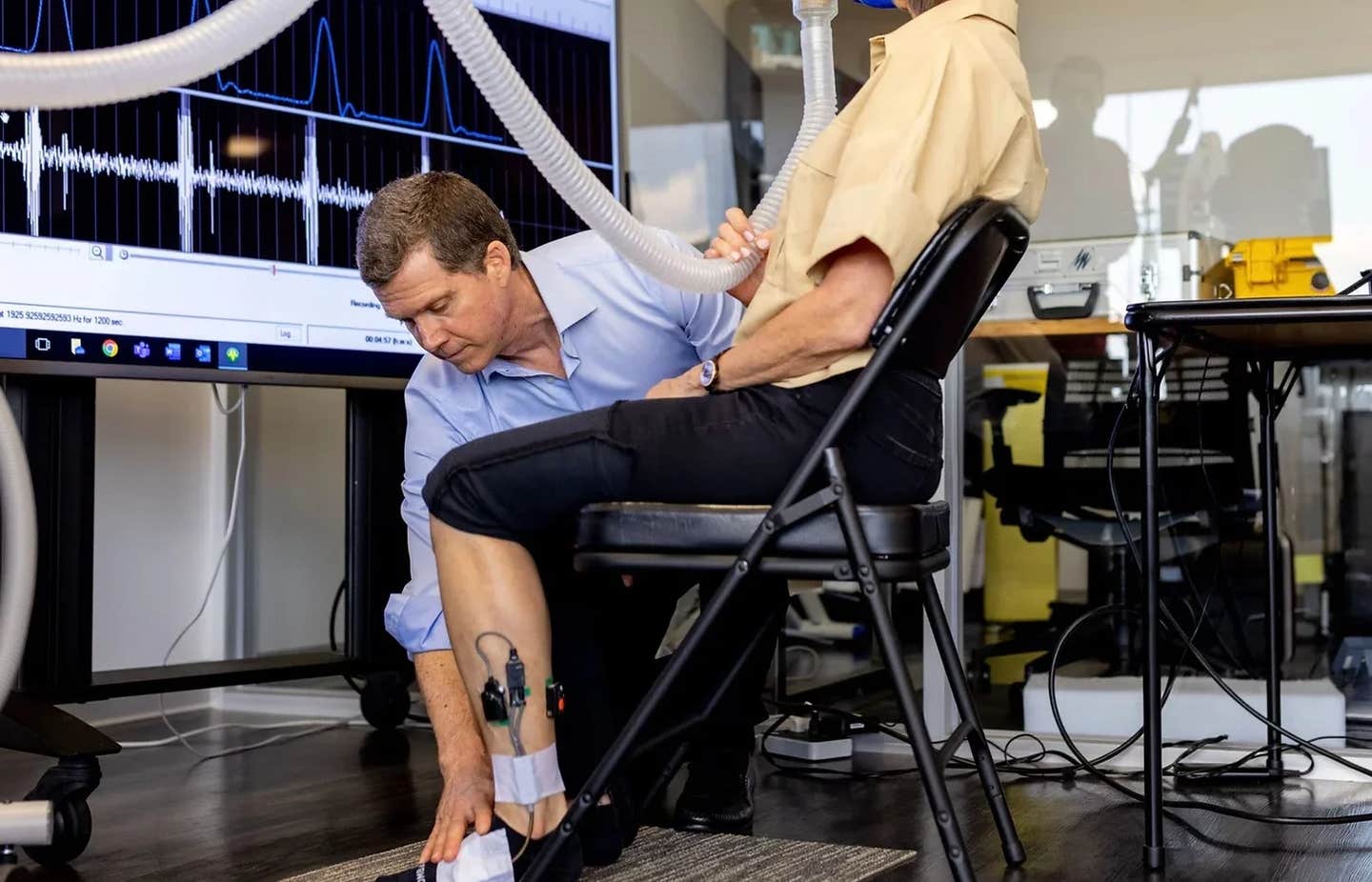Online gaming can actually be good for you, study finds
New research reveals MMO games enhance workplace skills, challenging old perceptions and highlighting their role in personal and professional development.

MMO games foster essential workplace skills like teamwork, leadership, and problem-solving. (CREDIT: University of Houston)
Massively multiplayer online (MMO) games, enjoyed by millions worldwide, offer more than just entertainment. These immersive platforms, where players collaborate in real-time to achieve common goals, may also serve as powerful tools for professional growth.
Recent research, led by Melika Shirmohammadi at the University of Houston, challenges long-standing perceptions of gaming as mere escapism. Instead, it underscores how these virtual worlds can enhance workplace skills, from leadership to problem-solving.
Shirmohammadi’s study, published in Human Resource Development International, highlights how MMO games can foster critical work-related competencies. “Online gaming often gets a bad reputation,” she explains, “but our study reveals a different story. Gaming can help people develop valuable workplace skills like teamwork, leadership, and self-confidence.”
This perspective marks a significant departure from traditional views of gaming as a time-wasting activity. Instead, the research suggests that when played in moderation, MMOs can offer a dynamic environment for learning and personal development.
The Numbers Don’t Lie
The global popularity of MMOs is undeniable. Leading titles such as World of Warcraft, Destiny 2, and Final Fantasy collectively boast over 260 million players.
These games require players to coordinate tasks, adhere to team norms, and collaborate to achieve shared objectives. Such complex interactions mirror real-world professional challenges, making the skills developed in-game highly transferable.
Shirmohammadi’s team conducted in-depth interviews with 23 employed MMO gamers, each with an average of 20 years of gaming experience and a decade of MMO participation. Their findings revealed a range of benefits that these players brought to their workplaces.
Related Stories
One participant, an engineer, described how gaming sharpened his problem-solving mindset. “I just see a puzzle and I’m motivated to solve it,” he shared. This perspective translated into greater patience and perseverance in his professional life.
Others highlighted the boost in self-confidence gained from gaming achievements. Players frequently receive feedback on their performance, which helps them develop self-awareness and refine their interpersonal skills.
Coaching, a critical workplace skill, was another area where gaming experience proved beneficial. An IT specialist noted how in-game leadership roles helped him guide new employees effectively, stating, “Since I go out of my way in games to coach, I’m ahead of some colleagues in explaining things to new employees.”
Beyond Family: A Broader View of Nonwork Enrichment
The study builds on the concept of nonwork-to-work enrichment, which explores how personal activities enhance job performance. Traditionally, this research focused on family roles, like parenting or spousal support. However, Shirmohammadi’s work broadens the scope to include hobbies like gaming, emphasizing their potential to enrich professional experiences.
“This research extends the understanding of nonwork-to-work enrichment to the MMO gaming context,” Shirmohammadi explained. “It reveals how a hobby, an understudied area of life, can benefit work.” By recognizing the value of such activities, organizations can foster a more engaged and high-performing workforce.
The study also delves into how MMO gaming facilitates learning in three key areas: affective, behavioral, and cognitive. These dimensions, derived from Kraiger et al.’s learning outcomes framework, provide a comprehensive view of how gaming experiences translate to the workplace.
Participants reported improved emotional resilience, enhanced teamwork, and sharper cognitive skills. The immersive nature of MMOs demands quick thinking, strategic planning, and effective communication—all of which are invaluable in a professional setting.
Rethinking the Role of Gaming
As the research demonstrates, gaming isn’t just a pastime; it’s a platform for personal and professional growth. Organizations are beginning to recognize this, whether consciously or not, as they increasingly hire individuals with gaming backgrounds.
The findings suggest a shift in how we perceive the relationship between work and leisure. By embracing the positive aspects of gaming, companies can tap into a wellspring of potential, fostering innovation and resilience in their teams.
Ultimately, this research challenges us to reconsider our assumptions about gaming. As one famous gaming quote reminds us, “Failure doesn’t mean the game is over; it means try again with experience.” In both virtual and real-world arenas, this philosophy holds true, offering valuable lessons for personal and professional growth.
Note: Materials provided above by The Brighter Side of News. Content may be edited for style and length.
Like these kind of feel good stories? Get The Brighter Side of News' newsletter.
Joseph Shavit
Head Science News Writer | Communicating Innovation & Discovery
Based in Los Angeles, Joseph Shavit is an accomplished science journalist, head science news writer and co-founder at The Brighter Side of News, where he translates cutting-edge discoveries into compelling stories for a broad audience. With a strong background spanning science, business, product management, media leadership, and entrepreneurship, Joseph brings a unique perspective to science communication. His expertise allows him to uncover the intersection of technological advancements and market potential, shedding light on how groundbreaking research evolves into transformative products and industries.



